Entón, que é a ciencia? De feito o propio termo ciencia provén de a latín palabra que significa Coñecemento e os nomes de moitas ramas das ciencias. A ciencia é o estudo da físico e natural mundo por observacións e experimentacións que significan en ciencia dúas cousas son moi importantes.
- observacións
- experimentacións
É unha forma sistemática de observar primeiro o mundo e despois facer algúns experimentos para comprender a súa estrutura e comportamento. É unha forma lóxica de coñecer o universo e despois dar unha explicación de como funciona.
Método Científico
Método científico O coñecemento da ciencia baséase de feito nun método coñecido como método científico. No método científico.
- Primeiro formulamos unha pregunta sobre un problema
- Despois fai unha investigación sobre iso
- Fai unha hipótese, facer un experimento
- Recoller datos
- Fai outra observación
- Por fin chegar a unha conclusión
Estes son basicamente diferentes pasos a través dos cales chegamos a coñecer a verdadeira razón detrás dun fenómeno.
Importancia da ciencia
a ciencia leva ao novo coñecemento e novo descubrimentos. Amplía a nosa comprensión da vida na Terra. Basicamente tamén en diferentes planetas. Estamos descubrindo a existencia de vida en Marte. Facilita o progreso e desenvolvemento, tamén axuda a desafiar as falsas crenzas. Permitiunos pensar de forma crítica e lóxica. resolveu moitos dos nosos problemas.
Ramas da ciencia
A ciencia moderna pódese dividir en tres ramas principais. Un deles é o ciencias naturais. As Ciencias Naturais divídense ademais en física, química e bioloxía. A física é un estudo do universo mentres que a química é un estudo da materia e a bioloxía un estudo da vida e dos organismos vivos.. Así mesmo, as ciencias sociais inclúen a psicoloxía, socioloxía, historia, lei, etc. E despois as ciencias formais inclúen estatísticas matemáticas, ciencia de datos, Informática.
Our lives are affected deeply by science. In fact, it pervades almost all aspects of our modern life. Below are some areas where science affects our daily lives:
Healthcare
Medicine has been enhanced by the development of new technology, treatments and drugs – thanks to the impact of science on healthcare. Applying science in medicine has improved treatment and increased longevity. Medical research also improves surgical techniques helps diagnose and treat diseases more effectively and develops vaccines thus saving millions of lives.
Communication
Invention of telephone and radio to development of internet and smartphones have changed communication due to scientific breakthroughs. This means that individuals can communicate immediately over long distances as a result fostering collaboration, sharing of information and connecting with others from every corner in the world.
Transportation
Science contributes greatly towards transportation systems hence leading to safer modes of travel which are also eco-friendly thereby resulting into efficient modes of transport. For example, improvements in automotive engineering, air travel, public transportation have made it easier and quicker for people to commute or travel around as well as move goods contributing significantly towards economic growth and global connectivity.
Energy
Science plays an important role in the development of renewable energy sources, including solar, wind, hydroelectricity and energy storage and efficiency. Such technologies can help reduce the dependence on fossil fuels, address climate change and promote sustainable development.
Food and Agriculture
Through research, farming has been improved by increasing crop yields as well as safety and security in food production. Global food challenges are addressed at a point where biotechnology, genetic engineering or/and precision agriculture techniques produce resilient as well as nutritious crops that support sustainable agriculture.
Environment
Science helps us to understand environmental issues like climate change, pollution or biodiversity loss thereby providing a basis for conservation efforts and environmental management. Solutions are developed through monitoring systems modeling analysis to minimise the environmental impact which promotes sustainability.
Entertainment and Leisure
From the creation of video games to advances in film making scientific knowledge is effectively used in entertainment activities. Cultural experiences, artistic expression and recreations also benefit from scientific findings which contribute to our life enrichment with widening horizons.
Education
The second prompt is about education. Science Education encourages the development of critical thinking and problem-solving skills, and scientific literacy, enabling individuals to make informed decisions and engage with complex societal issues. STEM (ciencia, technology, engineering and mathematics) education trains students for science-related jobs and drives innovation as well as economic growth.
Generally speaking, science pervades our lives profoundly leading to progress, innovation and social betterment. This can improve human welfare by embracing scientific investigation honing its capabilities to solve problems; this will be a better future for humanity.
Types of Science
Science can generally be divided into a variety of branches or disciplines, each concentrating on different aspects of nature and using separate methodologies. The following are some major types of sciences:
1.Natural Sciences
These study the physical world and natural phenomena such as matter, energy, space and time. Major Types of natural science include:
Physics
The study of matter, energy and basic forces that exist in nature.
Chemistry
The study of composition, behavior and interaction between different substances.
Biology
The science that deals with living things and their interactions with each other and the environment.
Earth Sciences (Geosciences)
This branch includes subjects like geology, meteorology, oceanography, environmental science.
2.Formal Sciences
These are concerned with abstract ideas or theoretical systems which typically use mathematical or logical techniques to examine patterns and structures. Main Kinds of formal science include:
Mathematics
A field which deals with numbers, quantities shapes patterns including their relationships.
Computer Science
It is a discipline that studies algorithms data structures computation information processing.
3.Social Sciences
The social sciences involve the study of human behavior, societies and institutions through empirical observation and analysis in order to analyze social phenomena and processes. These include:
Psychology
Analyzing the mind, actions and mental processes.
Sociology
Examining human communities, social interactions as well as their arrangements.
Economics
It is about the production, distribution and consumption of goods and services; it studies the conducts of individuals as well as entities within economic systems.
Political Science
This major looks after political institutions, systems, behavior and power politics.
4.Applied Sciences
Applied sciences use scientific knowledge and principles to solve practical problems or invent new technologies for particular purposes. Examples of applied sciences are:
Engineering
This discipline involves designing, constructing and maintaining structures, machines or systems using scientific or mathematical principles.
Medicine
The science used to diagnose diseases, treat them cure some while control others is referred to as medicine
Agricultural Science
It deals with crop production animal husbandry soil management etc
These categories are not mutually exclusive and often there is overlap in different branches of science. Besides interdisciplinary fields such as bioinformatics, environmental science and materials science are merging concepts and methodologies from different scientific disciplines as a way of solving hard problems.


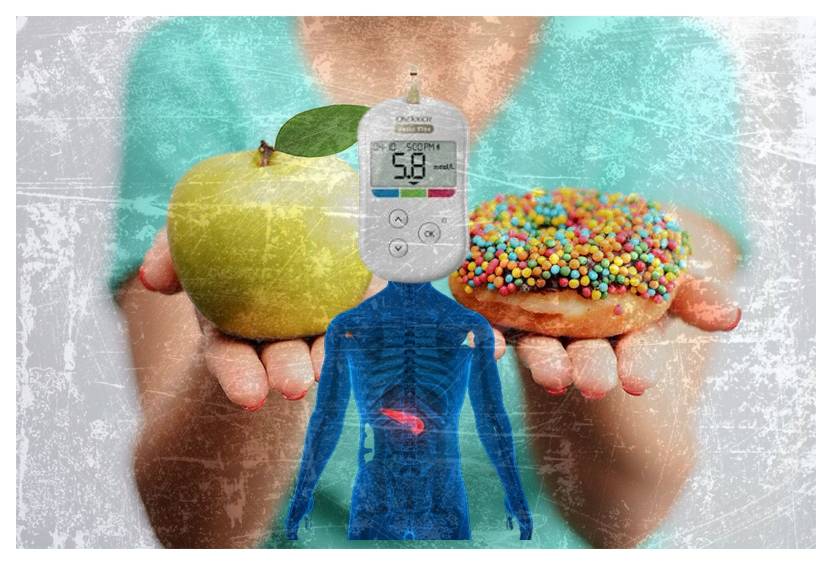
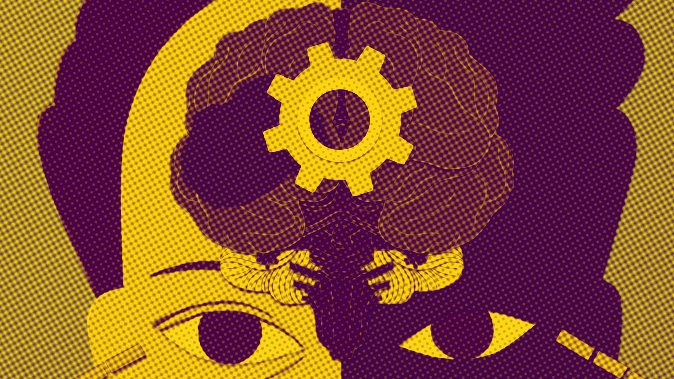
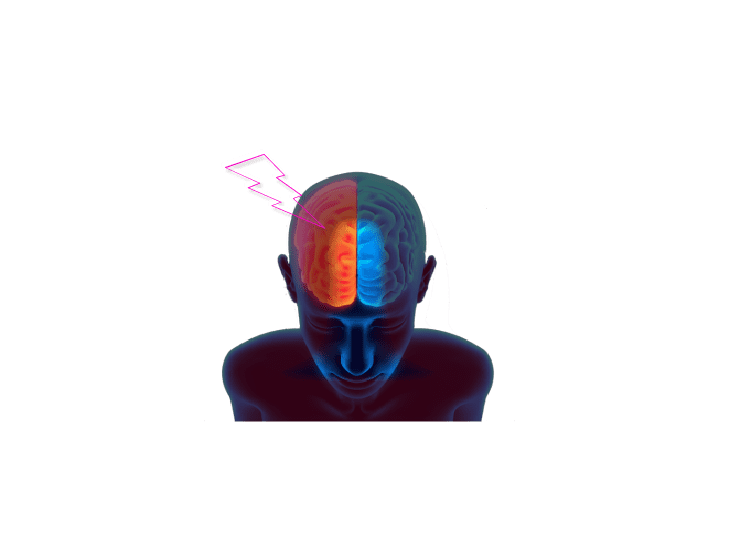
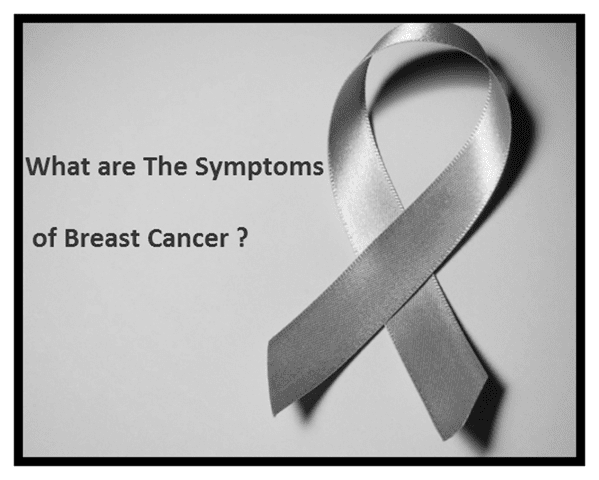


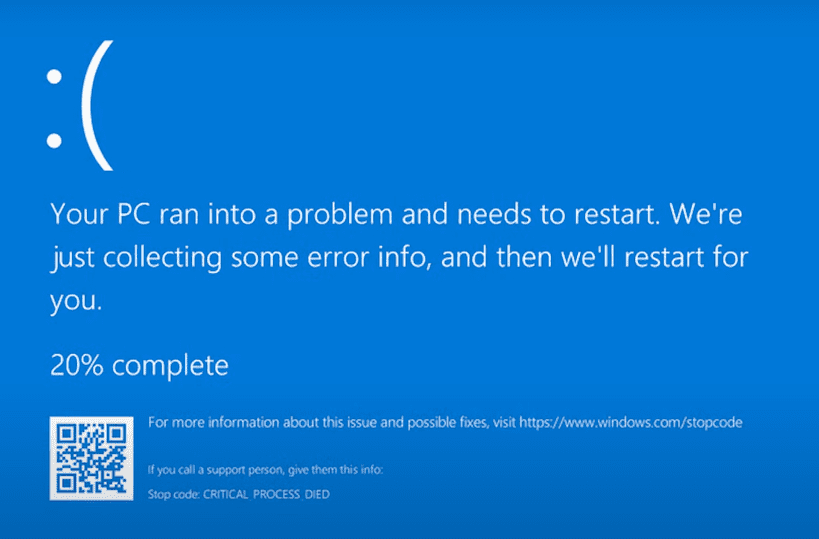

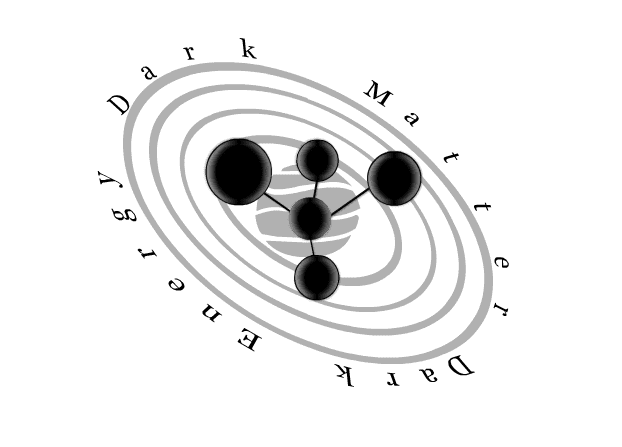
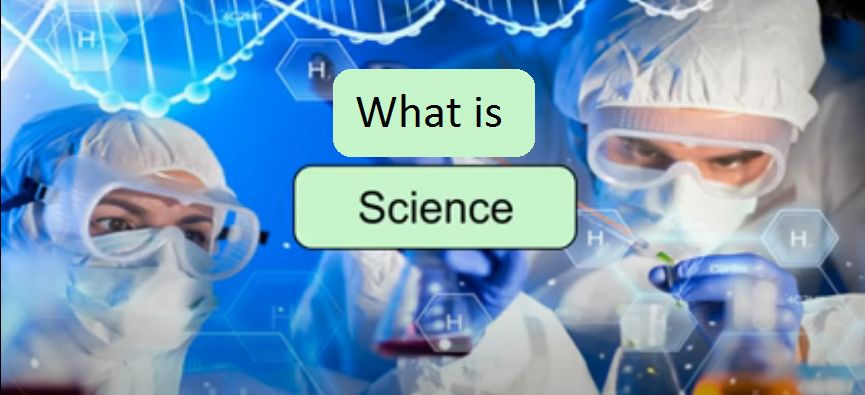
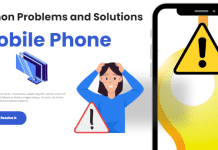






Excelente redacción. Encántame absolutamente este sitio. Sigue escribindo!